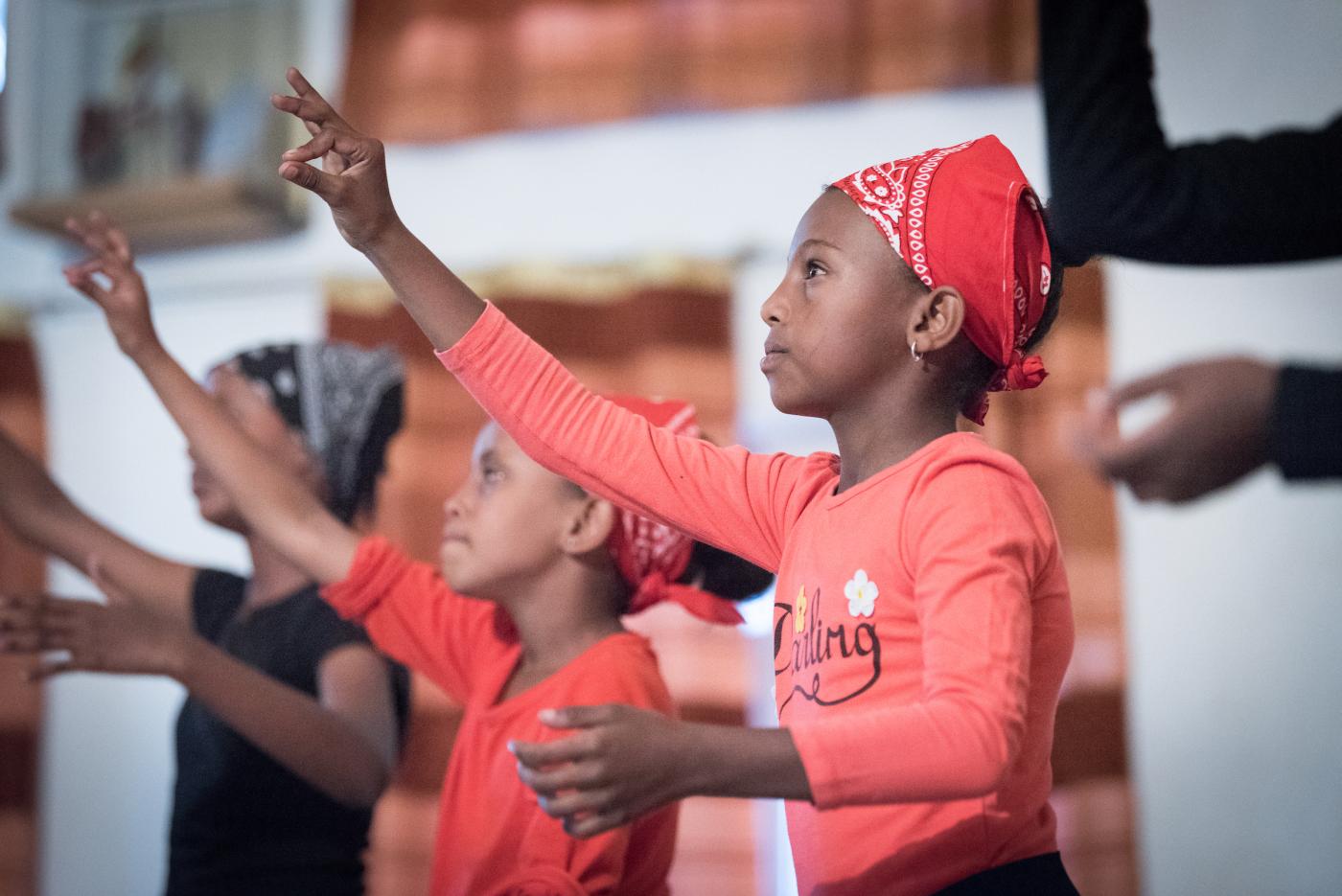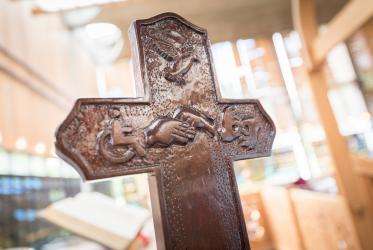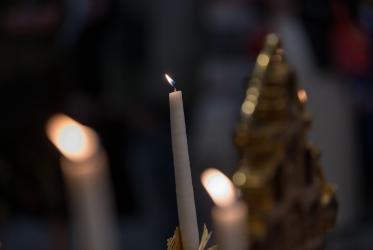The youth also called for intentional funding for disability mainstreaming in churches and for setting up a special fund for disabilities to venture into entrepreneurship and livelihood.
This was the first time persons with disabilities were attending an All Africa Conference of Churches General Assembly.
“During the assembly, I felt challenged on the need to fight for our rights so that persons with disabilities can also be included in decision-making and activities of the churches,” said Juliet Pimbirimano, a youth with disabilities from the Methodist Church in Zimbabwe. She spoke after the 17-23 November assembly.
“I am always left behind in youth programs and I think it’s because of the financial challenges and lack of knowledge that I can also do what other youth can do.”
The World Council of Churches- Ecumenical Disability Advocates Network supported youth participation in the assembly of the organization, representing 200 million Christians in 43 African countries.
“…it is a known fact that persons with disabilities are almost always never nominated by their churches as part of the three official delegates to the assembly,” said Rev. Fidon Mwombeki, All Africa Conference of Churches general secretary in a letter urging churches to nominate youth with disabilities.
The youth said attending the assembly was a special experience and eyeopener, despite facing discrimination and stigmatisation in their countries.
“ I want to thank the WCC Ecumenical Disability Advocates Network for giving people with disabilities a chance to participate in such an international assembly. We people with disabilities are discriminated against and looked at as curse in the communities in which we live,” said Banarbas Mabonga, a Ugandan youth with disabilities who is a member of Reformed Presbyterian Church in Africa.
He said the participation was a right step towards "raising the voices of persons with disabilities and promoting equality.
“Our churches never select persons with disabilities to attend such international meetings, but our attendance has shown that we are people with disabilities, not inabilities. My participation has shown our church leaders that we can do what they believe we cannot do,” said the youth.
Responsibility of the church
At the assembly, the WCC Ecumenical Disability Advocates Network introduced the youth to the ecumenical movement and sharpened their advocacy skills for engagement with churches and other young people.
“Churches in Africa need education about disabilities and the challenges persons with disabilities face in the churches. After that, we can then try to work and solve them,” said Pimbirimano, as she explained that most churches do not have sign language interpreters.
“When people with hearing impairment go to church, they miss the messages at the services. So churches need youths [people] who can interpret for people with hearing impairment,” she said.
Helisoa Miora Rakotomamonjy, a youth delegate from the Church of Jesus Christ in Madagascar, highlighted the discussions on care and assistance for persons with disabilities in the assembly, alongside other concerns such as climate change and violence against women and girls.
“[I think the churches should] form an organization [through which] children will be taught to take responsibility at the church, and be deliberately encouraged to use their gifts and talents to bless and enrich the church,” said Rakotomamonjy.
Anjeline Okola, a Kenyan Quaker who coordinates the WCC Ecumenical Disability Advocates Network, told the meeting that while women with disabilities made about 60 percent of the world disability population, many faced unique challenges to equality in churches and society.
“There are very few spaces where we speak about such challenges,” said Okola, while recommending a review of the impact of traditional gender roles, prioritisation of the education of women and girls with disabilities, and use of gender role models.
“It is essential to provide role models, bring on board female teachers with disabilities in church-run inclusive schools, and give key roles in our churches and communities to those with disabilities,” she said.
Learn more about the WCC Ecumenical Disability Advocates Network







